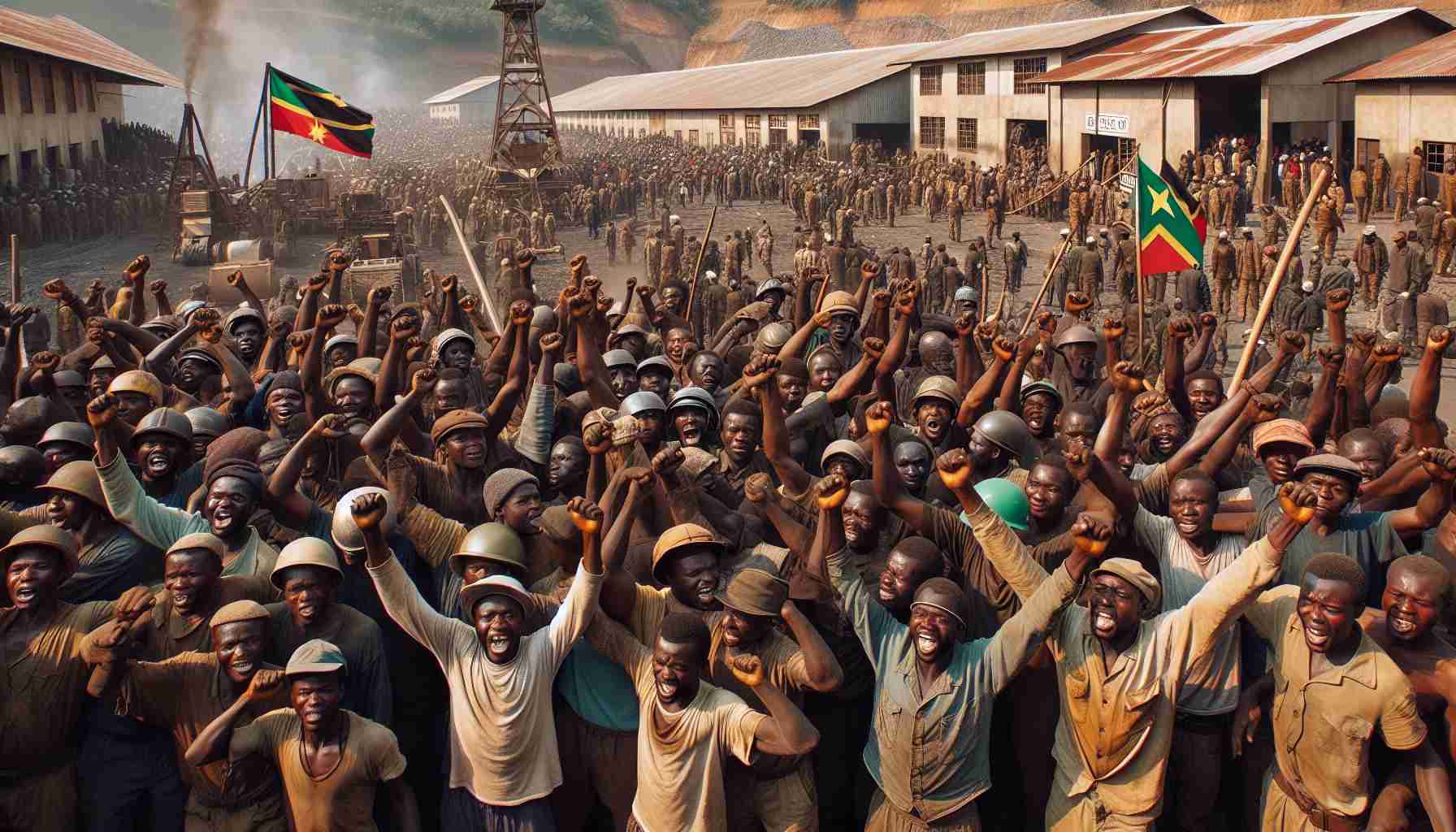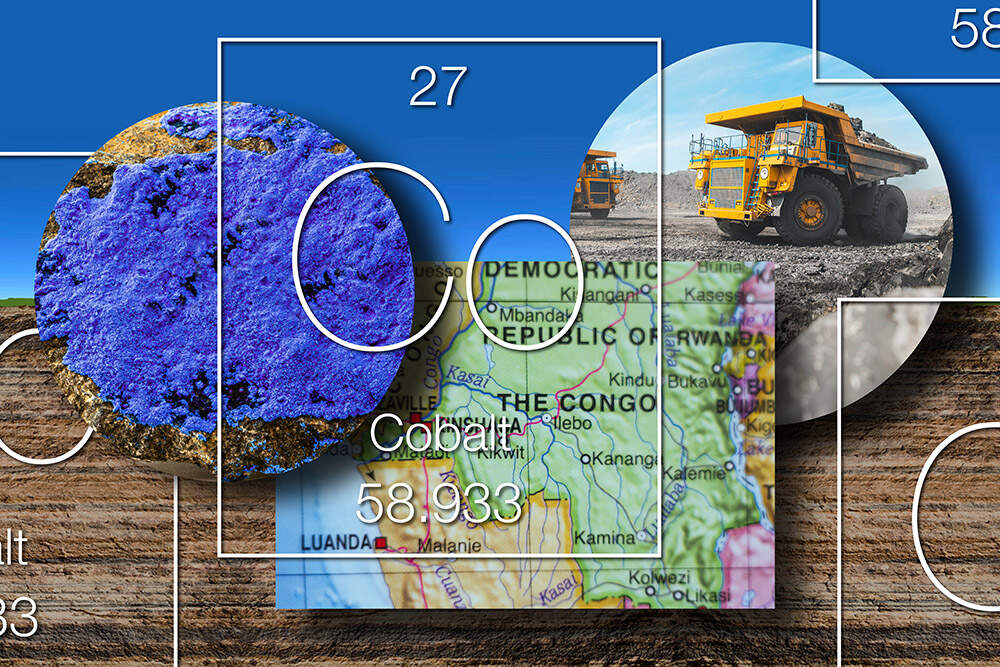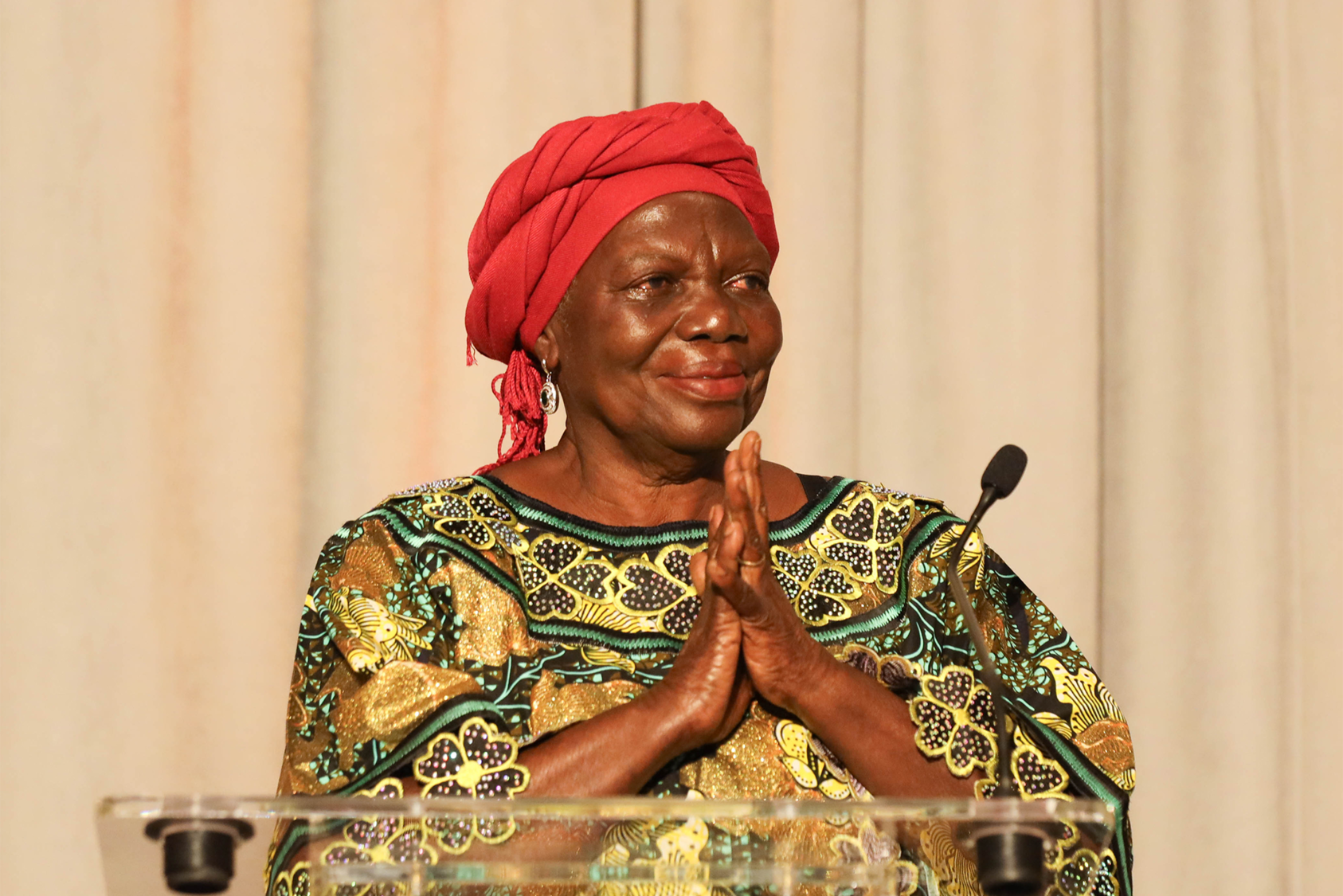




China, India, and major powers like the United States, Russia, and European countries are eyeing Africa's mining sector for critical minerals. The interest in Africa's mining sector is driven by the need for these minerals, which are essential for global supply chains. Cobalt, in particular, is a critical mineral that is mostly extracted in the Democratic Republic of Congo (DRC) [87cad36c].
However, the mining of cobalt in the DRC comes at a high human cost. An article by WBUR News highlights the issue of modern slavery in cobalt mining in the DRC. Hundreds of thousands of Congolese people labor in cobalt mining with no other means to survive. The article features Siddharth Kara, an associate professor of Human Trafficking and Modern Slavery at the University of Nottingham and author of 'Cobalt Red: How the Blood of the Congo Powers Our Lives'; Annie Sinanduku Mwange, the president of the National Network of Women in Mining (RENAFEM); and Georges Nzongola-Ntalaja, a professor of African and Afro-American Studies at the University of North Carolina at Chapel Hill and the Permanent representative of the DRC to the United Nations [0ceedb40].
The article emphasizes the need to address the human rights abuses and modern slavery associated with cobalt mining in the DRC. It sheds light on the suffering and exploitation faced by the Congolese people involved in the cobalt mining industry. The program aired on March 13, 2024, and discusses the human cost of cobalt mining in the DRC [0ceedb40].
In addition to the human cost, the DRC also faces challenges such as infrastructure issues, political instability, corruption, and the smuggling of minerals from illegal mines. These factors make it difficult for the DRC to attract foreign investment in its mining sector. Despite these challenges, the DRC is rich in critical minerals, including an estimated 70% of the world's known cobalt. Cobalt is crucial for various industries, including weapons manufacturing and the production of semiconductors and lithium-ion batteries used in electric vehicles and green energy products [87cad36c].
The United States recognizes the importance of strategic minerals and has made efforts to invest in African mining, including the DRC. However, there is a need for major reforms in the DRC to address corruption, political repression, and protection of civilians. The article calls for a partnership between Africans and Americans, as well as support from the international community, to end the exploitation and war in the Congo and build a stable economy and governance based on laws and transparency [1102e04d].
The interest in Africa's mining sector and the human cost of cobalt mining in the DRC are important topics that highlight the need for responsible mining practices, community engagement, and efforts to address human rights abuses and modern slavery in the industry. It is crucial for major powers and countries like China, India, the United States, and European nations to consider these factors when exploring opportunities for investment in Africa's mining sector [87cad36c] [0ceedb40].
In a recent development, a rebel faction known as M23 has captured the strategic mining town of Rubaya in eastern Congo. This town is pivotal for its mines that supply materials essential for smartphone production. The conflicts in eastern Congo have led to a severe humanitarian situation, with accusations of human rights abuses. Close to seven million individuals have been uprooted, exacerbating the crisis. The international community is concerned about the region's rich mineral resources and the delicate balance of power. The M23 is a rebel group composed of soldiers who mutinied from the Congolese army in 2012. The capture of Rubaya risks further destabilizing the region and increasing global prices for certain minerals. Neighboring countries, particularly Rwanda and Uganda, have been accused of supporting the M23, causing international controversy. Control over mines can afford the group economic power and leverage in peace talks, but increased conflict can lead to a humanitarian crisis and disrupt the global mineral supply chain [809be320].